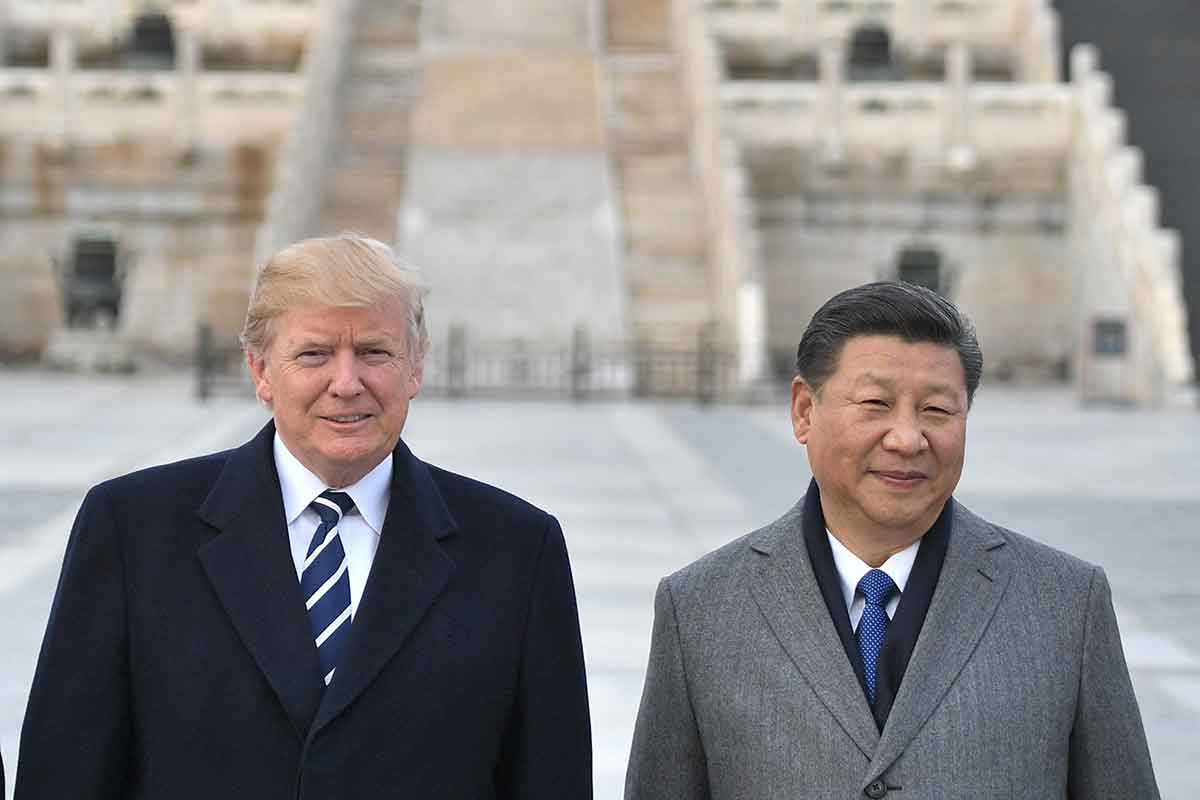If it were only about economics, the outcome of the meeting between Presidents Donald Trump and Xi Jinping on the side-lines of the Group of 20 (G20) Summit in Argentina on Saturday would be a lot easier to predict: an immediate easing of trade tensions as a step toward reaching concrete agreements down the road. But, as the dispute between the world’s two largest economies has worsened, the trade issue has evolved beyond economics to encompass broader domestic policy and national security issues.
Although there is a long list of economic and political issues that are of both immediate and longer-term relevance to the health of the world, the main focus for this G20 meeting is on the dinner meeting between Trump and Xi. A positive resolution of the trade spat would lift a major stagflationary cloud over the global economy that has weakened financial markets. Such an outcome would address some longstanding non-tariff practices and help deliver free but fairer trade for the global economy as a whole. The opposite outcome would pull the rug out from under an already weakening and more divergent global economy, while also increasing the risk of market instability.
The United States (US) and Chinese leaders will probably strike a constructive tone that defuses tensions, similar to the outcome of European Commission President Jean-Claude Juncker's visit to the White House in July. The joint statement at the conclusion of that meeting said the dialogue was an opportunity “to launch a new phase in the relationship between the US and the European Union (EU),” including by agreeing “to work together toward zero tariffs, zero non-tariff barriers, and zero subsidies on non-auto industrial goods." The two sides also vowed to "work to reduce barriers and increase trade in services, chemicals, pharmaceuticals, medical products, as well as soybeans.”
Finding common ground is in the interest of both China and the US, and would benefit the global economy.
America's competitiveness would be enhanced if China agrees to ease joint-venture requirements (which result in forced transfers of technology and other know-how), combat intellectual property theft more forcefully, and look for ways to reduce its large bilateral surplus with the US. Such an understanding would also lower the risk of China being tempted to use its huge holdings of Treasuries and other US assets to disrupt the American financial system in a global trade war.
A deal would benefit China by reducing a headwind to its economy that has already contributed to a significant decline in domestic financial markets, eroded both consumer and corporate confidence, weakened leading indicators of economic growth, and pushed the government to go back and rely more on the use of distortionary policy measures. Indeed, the longer it takes for these risks to be contained, the greater the threat to China's impressive multi-decade development process that has pulled hundreds of millions of people out of poverty.
But this isn't just about economics. Both countries are also dealing with broader issues.
The US has already caused some economic and financial instability in China, and the Trump administration may now be tempted to amplify trade tensions as a way to counter China’s emergence in the global economy, its growing regional clout and its more aggressive military posture in certain parts of the world. In other words, trade policy becomes part of a larger US national security strategy.
Trump’s escalation of trade tensions with China also delivers on one of his campaign promises that continues to play well with his base. In addition, the clash could help direct attention away from the constant drip of news about the investigation by Special Counsel Robert Mueller. Conversely, a more productive summit could be beneficial too: History is full of examples of leaders who have sought international successes - such as securing major trade concessions from China - as a way of diverting attention away from domestic challenges.
For Xi, a decision to reverse course at this stage could raise concerns about saving face at home as the Chinese leader continues to solidify and extend his authority. It could also deliver a more ambiguous, if not weakened, message to the many Asian partners that China is seeking to link to through initiatives such as One Belt One Road and the Asian Infrastructure Investment Bank.
If economics rules the day at the Saturday meeting, and if both leaders signal their intention to follow up on their understanding afterward, the world would start next week with a smaller set of risks to growth and financial stability. But, as time has passed, the China-US trade tensions have become about a lot more than economics, making the possibility of a productive outcome less certain (though still the most probable one). - Bloomberg
